Dask on Coiled
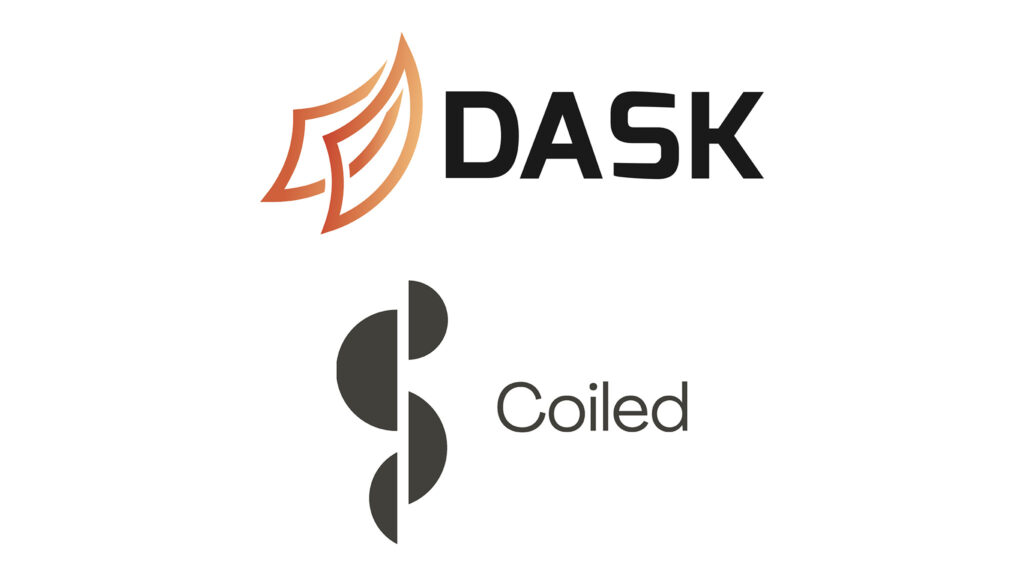
In this blog post, we will talk about a case study of utilizing Dask to speed up a particular computation, and we will scale it with the help of Coiled.What Is Dask? Dask is an open-source parallel computing library written in Python. One of the most useful features of Dask is that you can use the same code […]
Building a Panel Pipeline
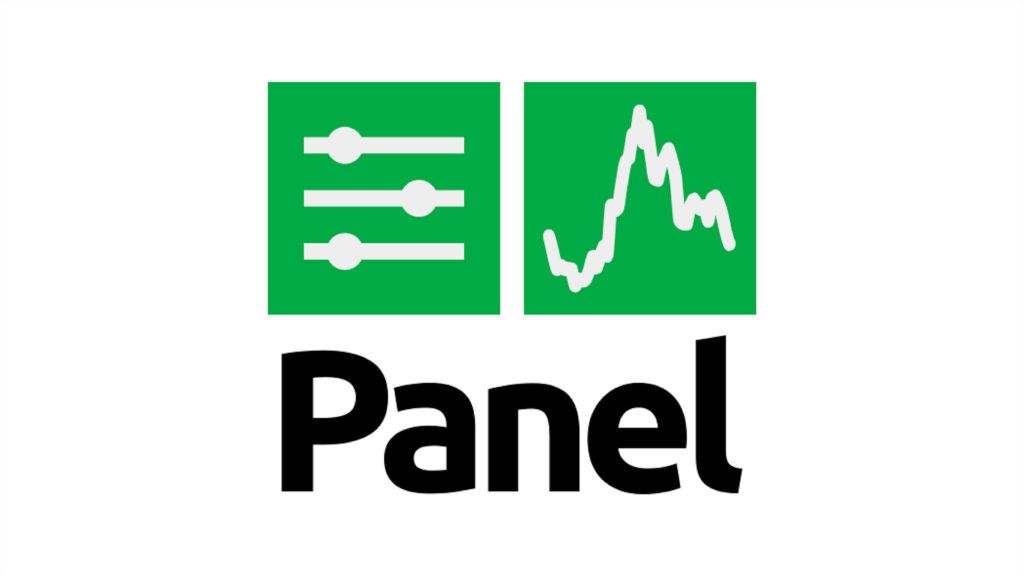
Over a number of recent posts, we have given some examples of how to build dashboards using Panel and how to integrate widgets from Panel and ipywidgets into the same Panel app. These have all been one-stage examples, but you can actually use Panel to build a pipeline of stages with information carried over from one stage to the next. You can think of these stages […]
RAPIDS cuCIM: Porting scikit-image Code to the GPU
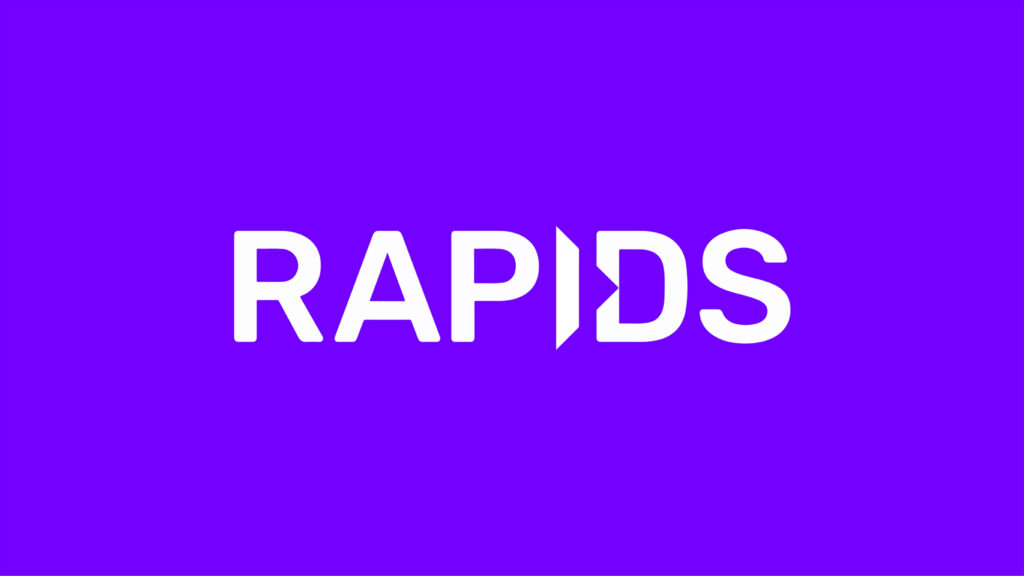
This post was co-written between Gregory R. Lee & Gigon Bae (NVIDIA).Overview cuCIM is a new RAPIDS library for accelerated n-dimensional image processing and image I/O. The project is now publicly available under a permissive license (Apache 2.0) and welcomes community contributions. This is the second part of a joint blog post with NVIDIA. Both posts feature a common […]
Open Source Natural Language Processing Libraries to Get You Started
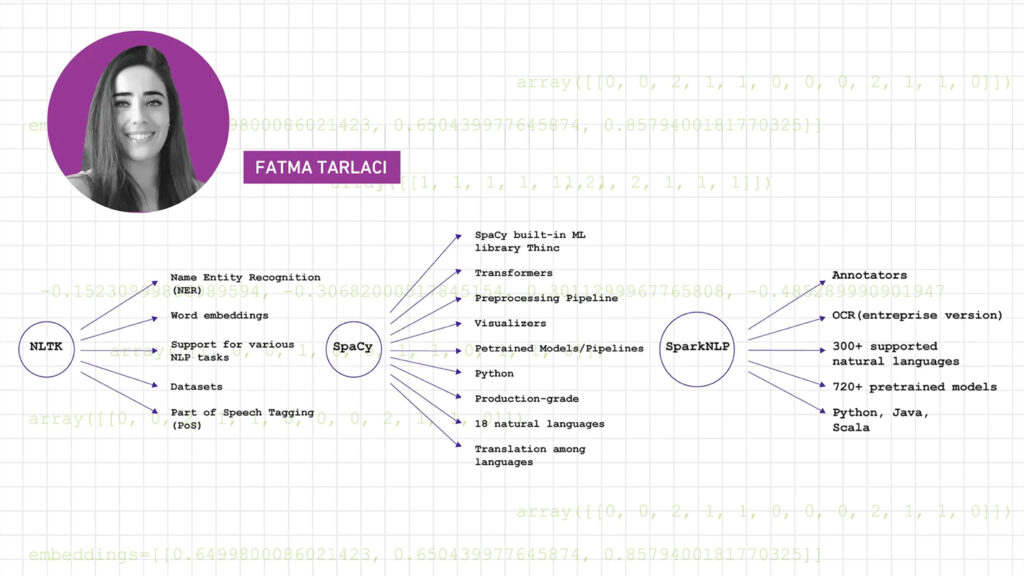
The relatively recent advancements in open source Artificial Intelligence (AI) technologies are revolutionary and demonstrable of producing unrivaled value to computing. Chief among the subsets of AI is Natural Language Processing (NLP), which constitutes my primary focus and area of expertise. I am also an ardent advocate of Open Source Software (OSS), so it follows […]
Working Across Panel and ipywidgets Ecosystems

This post is adapted from a notebook designed to help you learn how to make apps in Panel in about 15 minutes. Screenshots of cell outputs are included for convenience below, but it is strongly recommended that you use the interactive Binder version (takes 1-2 minutes to load) or clone the repo to run the demo locally. Panel is a open-source Python […]
Panel/Holoviews Learning Aid
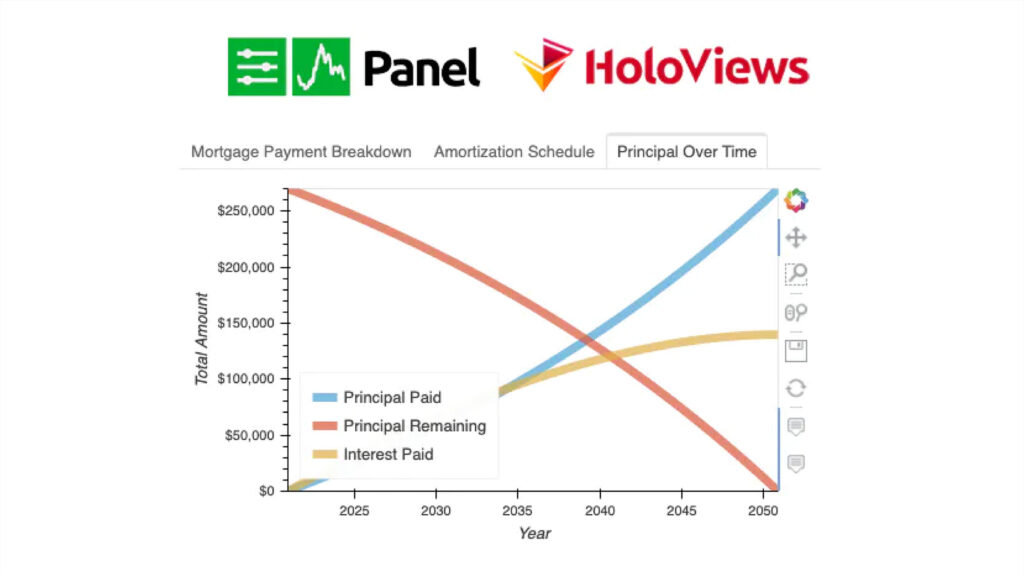
This blog post is adapted from a notebook designed to help you learn how to make apps in panel in about 15 minutes. Screenshots of cell outputs are included for convenience below, but it is strongly recommended that you use the interactive Binder version (takes 1-2 minutes to load) or clone the repo and run the demo locally. Building a Web […]
Extending Numba Types for Clean, Fast Code
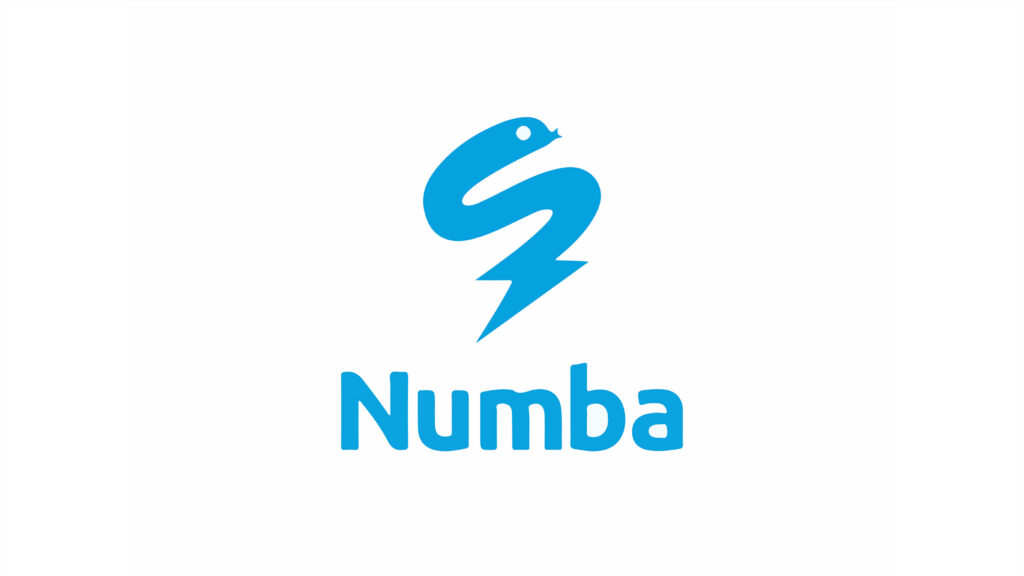
The scientific Python ecosystem relies on compiled code for fast execution. While it is still common to see C++ and C code contributed to the internals of Python libraries, much of the new compiled code written today uses a Python library like Cython or Numba to speed up Python code. Both of these libraries center around working with NumPy […]
Quick Dashboarding With Panel

A bespoke, polished data science dashboard can be a beautiful thing for anyone looking to make data-driven decisions. And yet, not every project can afford setting up elaborate dashboards that cost money and developer time. In this post, we show you how to construct a quick dashboard using Panel & Python without ever leaving the comfort of […]
Why We Are Excited About JupyterLab 3.0 Dynamic Extensions!
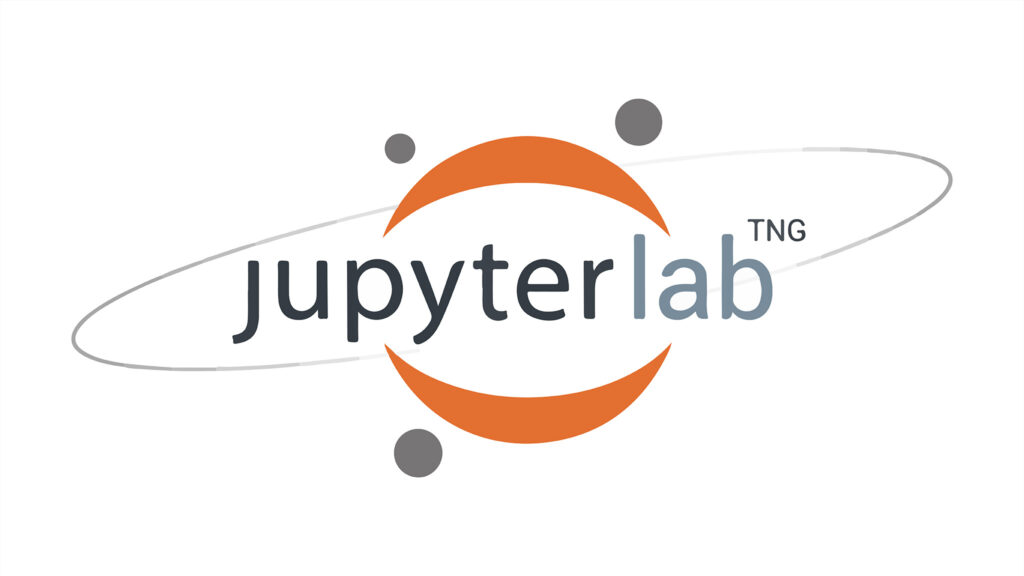
Co-authors: Gonzalo Peña-Castellanos, Eric Charles, Eric Kelly At Quansight, we’ve been hosting a series of live streams that feature our talented open source developers talking about the software they contribute to and the communities around them. During a recent quirkshop our incredible JupyterLab developers got together to discuss the upcoming major version changes to JupyterLab. We discussed the […]
Announcing QHub
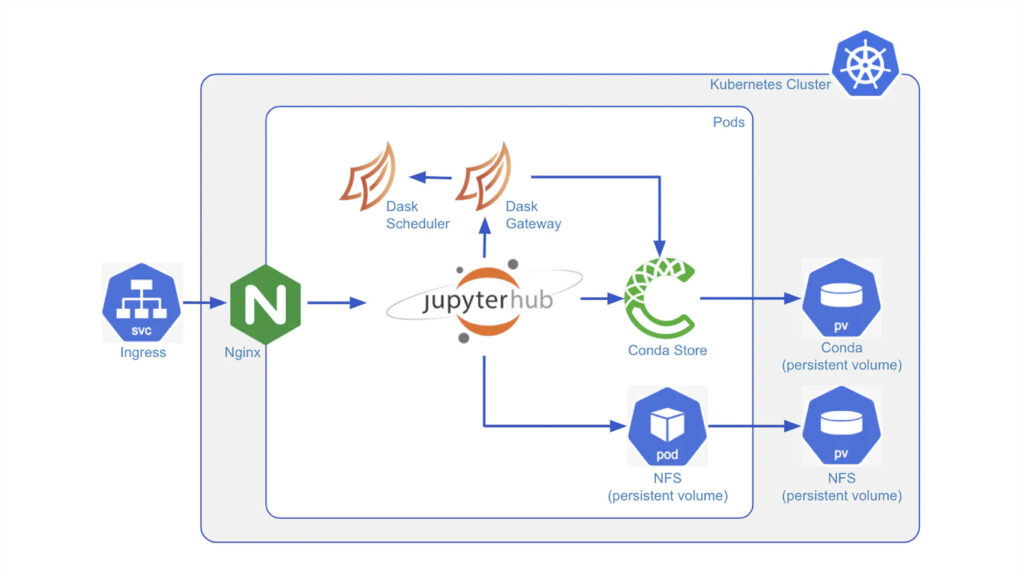
Editor’s Note: Since the launch of QHub in 2020, we have evolved it into a community-led open source project called Nebari. See our blog post on Nebari and visit nebari.dev for more information. Today, we are announcing the release of QHub, a new open source project from Quansight that enables teams to build and maintain a cost-effective and scalable compute/data […]
